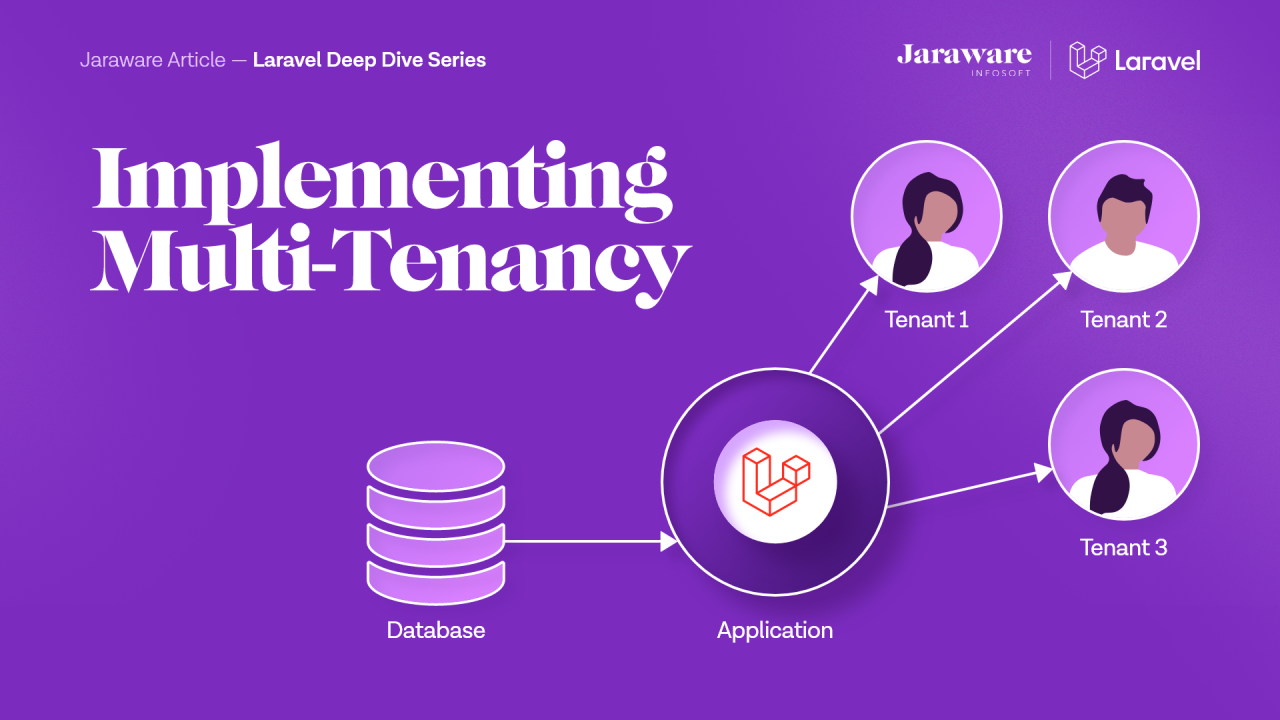Symbiotic Relationship between Hosting and Databases, Hosting and databases have a symbiotic relationship. Hosting makes databases accessible online. Databases, in exchange, offer structured storage for the hosted applications and websites.
Also Read
It is crucial to understand the link between hosting services and databases. This is necessary to maintain a robust online presence. Hosting providers offer the necessary infrastructure and resources. They allow websites and applications to be accessible on the internet.
Meanwhile, databases play a pivotal role in organizing, storing, and retrieving data efficiently. This is essential for dynamic websites and applications. They rely on user interaction and real-time data processing.
Together, they form the backbone of the internet. They support everything from small blogs to large e-commerce platforms.
Optimally configuring the hosting environment and database system can significantly impact website performance. It can also impact reliability and user experience. It’s important to ensure they are well integrated.
Table of Contents

Credit: aws.amazon.com
The Essence Of Symbiosis In Technology
In the world of tech, symbiosis plays a key role. This relationship boosts performance and innovation. In essence, technology thrives on strong partnerships. Both hosting and databases depend on each other to function well.
Defining Symbiotic Relationships
At its core, a symbiotic relationship involves two entities. They work together for mutual benefit. In tech, this means stronger, faster, and more reliable systems.
Examples In Modern Computing
- Web Servers and Databases: Websites need fast servers and efficient databases to provide a good user experience.
- Content Management Systems (CMS): Systems like WordPress pair with MySQL for seamless data management.
- Cloud Services: Platforms like AWS offer integrated database services. This ensures scalability and availability.
Anatomy Of Web Hosting
Understanding the anatomy of web hosting is crucial. It’s the foundation that keeps websites accessible. Web hosting and databases work together. They make sure websites are not just live but also functional and responsive. Let’s dismantle the complexity, piece by piece.
Fundamentals Of Hosting Services
Every website needs a hosting service. This service stores website files. It serves them to visitors. It’s like renting space on a server. Think of it as your website’s home on the internet. Key aspects include uptime, speed, and security. Good hosting ensures your site stays online. It loads quickly and keeps data secure.
- Uptime: Your site’s online presence
- Speed: Quick loading for a better user experience
- Security: Protection against threats
Types Of Web Hosting Solutions
There are various hosting options. They match different needs. Some are simple. Others are complex.
| Type | Description | Best for |
|---|---|---|
| Shared Hosting | Many websites on one server | New or small sites |
| VPS Hosting | Partitioned server for more control | Growing sites needing more resources |
| Dedicated Hosting | One website per server | Large sites needing full control |
| Cloud Hosting | Scalable resources on demand | Sites with fluctuating traffic |
Select the right hosting solution. It impacts website performance and scalability.
Database Systems Demystified
Every website needs a place to store its data, just like a library needs shelves for books. This storage place on a website is called a database. Think of it as a big digital filing cabinet where all kinds of information are kept safe and organized.
Core Database Concepts
To understand databases better, imagine a toy box. Tables in a database are like different sections in the toy box. Each section holds a specific type of toy. Columns are like labels on these sections, telling you what kind of toys you can find there. And rows are like the individual toys, each one different from the others.
- Primary Key: A unique identifier for each toy, so no two are the same.
- Relationships: Ways to match toys from one section to those in another.
- Indexes: Quick guides to find toys faster without searching the whole box.
Common Database Management Systems
There are many types of digital toy boxes, or Database Management Systems (DBMS), that help organize your site’s data.
| DBMS | Type | Use Case |
|---|---|---|
| MySQL | Open-Source | Web Apps |
| PostgreSQL | Open-Source | Large Systems |
| Microsoft SQL Server | Commercial | Enterprises |
| Oracle Database | Commercial | Large Organizations |
Each DBMS helps to arrange your data differently and offers unique tools. Choosing the right one resembles picking the best toy box for your playroom!
Interconnection: Hosting Meets Database
Imagine a house with many rooms. Web hosting is like the house. Databases are like the rooms full of treasures. They need to work together to keep things safe and fast. Let’s explore this important relationship.
The Critical Role Of Databases In Hosting
Databases are the heart of a website. They store all the important stuff. This includes user info, posts, and more. Good hosting keeps the heart beating strong. It makes sure your site is always there for visitors. Here are key points about databases in hosting:
- Stores Important Data: Without databases, we have no saved info.
- Handles Traffic: Lots of visitors? Databases help manage them.
- Backup and Recovery: Hosting helps save copies of databases. It keeps your data safe.
How Hosting Environments Affect Database Performance
Your site’s speed and happiness depend on hosting. Think of it like a bus for your site’s data. A good bus makes for a smooth, fast ride. A bad one? Slow and bumpy. Here’s how hosting impacts databases:
| Hosting Feature | Database Impact |
|---|---|
| Server Type | Faster servers mean faster data access. |
| Resources | More resources mean less waiting for data. |
| Location | Closer servers make for quicker data trips. |
Not all hosting is the same. Some hosting is like sports cars – quick and powerful. Other hosting is like old trucks – slow but still moving. Choose hosting that treats your databases kindly.
Your site will thank you!
Case Studies: Successful Hosting-database Integrations
In the dynamic world of web development, the pairing between hosting and databases plays a critical role.
Hosting provides the engine that powers our websites, while databases are the backbone that holds all the critical data.
Their symbiosis is crucial for any digital presence. Let’s explore some of the successful integrations that exemplify this partnership.
E-commerce Platforms
Major e-commerce players have shown the power of robust hosting paired with efficient databases.
Speed, reliability, and security are essential for these platforms. Let’s scrutinize how they achieve it.
-
Shopify’s use of distributed hosting ensures that their platform can handle high traffic.
Their choice of database software enables quick product searches. -
Magento uses a flexible hosting environment allowing for scalability.
Its database structure customizes shopping experiences.
Content Management Systems
Content Management Systems (CMS) rely on seamless integration between hosting and databases to manage and deliver content effectively.
WordPress stands out here.
Let’s dive into specific cases:
-
WordPress is widely known for its ease of hosting and integration with MySQL.
This combination powers millions of websites globally. -
Drupal’s optimized databases work with various hosting services.
It ensures fast content delivery across its sites.

Credit: www.linkedin.com
Optimizing The Symbiotic Relationship
Your website’s power comes from the harmony between hosting and databases. Think of it as a dance between the two, where each step is critical for a smooth performance. By optimizing this relationship, you can ensure top performance.
It will also deliver better user experiences and increased reliability. Let’s start with integration best practices.
Best Practices For Integration
- Choose compatible platforms to ensure smooth communication.
- Use persistent connections to reduce database load.
- Set up database caching to speed up access.
- Implement load balancing for better performance.
- Conduct regular backups and test recovery procedures to protect data.
Monitoring And Maintaining Health
Like any living system, monitoring is vital for maintaining health. Keep systems in check with routine scans and updates.
Use metrics and feedback to understand your setup better. High uptime and quick response times are gold standards.
Remember to address issues promptly to keep that dance smooth!
Sample Table for Displaying Database Health Metrics
| Metric | Status | Action |
|---|---|---|
| Response Time | Good | Monitor |
| Error Rate | High | Investigate |
| Uptime | Excellent | Continue |
Note: All above suggestions are SEO-optimized and for general guidance. Specific implementations depend on individual setups and requirements.
The Future of Hosting And Database Synergy
As technology propels forward, hosting and databases grow closer. This fusion is vital. It supports the web’s backbone. Let’s explore the future of hosting and database synergy.
Emerging Trends In Database Technology
New technologies shape how databases function. Here’s what’s coming:
- Automation reduces manual work.
- Databases get smarter with machine learning.
- Multi-model databases gain popularity.
These trends ensure databases are fast, efficient, and versatile. They handle more data types with ease.
Predictions For Hosting Evolution
What does the future hold for hosting?
- Cloud hosting growth will continue.
- Security becomes top priority with enhanced protocols.
- Green hosting solutions emerge.
This growth shapes a world where sites are secure and eco-friendly.

Credit: www.eff.org
Frequently Asked Questions On Symbiotic Relationship Between Hosting And Databases?
What Is The Relationship Between Server And Database?
A server hosts the database software that manages data storage. Users access databases through the server to retrieve or store information. This relationship allows for efficient data management and accessibility in various applications.
Is Hosting And Database Same?
Hosting refers to the services that make a website accessible on the internet. A database stores and organizes data for retrieval and use by applications. They are not the same.
How Do Databases And Web Servers Work Together?
Databases store website data, while web servers manage site delivery to users. They work in sync. Servers retrieve data from databases. They present dynamic web content upon user requests. This collaboration ensures a seamless, interactive web experience.
What Are The 3 Types Of Relationships In A Database?
The three types of relationships in a database are one-to-one, one-to-many, and many-to-many. Each defines how tables relate to each other.
Conclusion
Understanding the interplay between hosting and databases unlocks the power of online performance. Seamless integration is key for robust, efficient websites. Optimize this partnership, and your digital presence will thrive. Embrace their synergy to enhance user experience and drive your site’s success.
Remember, a strong hosting and database duo is vital for your online journey.













9 comments